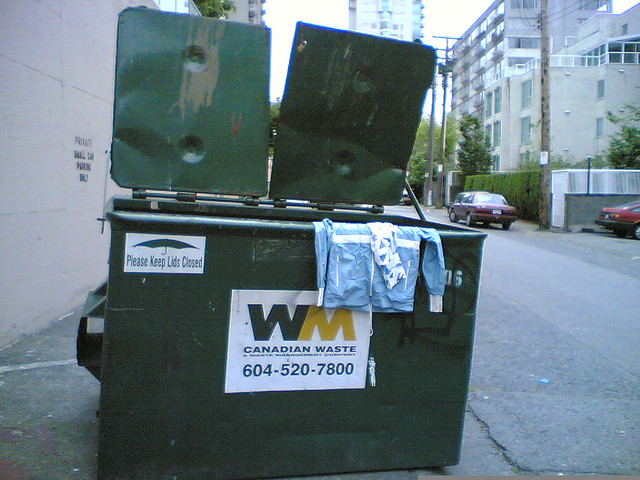
There is a persistent undercurrent of doubt that there are adequate safeguards to ensuring quality on ad exchanges. Google has long fought those notions, yet its purchase of Admeld seemed an endorsement of its approach to wall off premium publishers from the hurlyburly of broad exchanges.
And still questions linger. The latest accusation, via Trust Metrics: thanks to exchanges, U.S. advertisers are showing up on tons of non-English language websites. Trust Metrics pegs non-English sites making up about 10 percent of exchanges. In fact, non-English sites in exchanges now outnumber those deemed “unsafe” for reasons like carrying profanity or risque content. One often-feared ad exchange issue that isn’t much of one, according to Trust Metrics: porn, which only occupied 1 percent of sites
“The brands aren’t participating in a real way yet because they’re afraid,” said Trust Metrics CEO Andrew Lerner. “They’re right to be afraid. There’s good apples and bad apples out there.”
It’s best to take these kind of stats with some perspective. Trust Metrics is in the business of guarding against quality issues for advertisers buying via exchanges. It would therefore be in its interest to play up the issue, much like click-fraud vendors were regularly sounding the alarm that huge chunks of paid search clicks were worthless.
Lerner allows it is in his interest to play up the problem his company is out trying to solve. Yet he stands by what the data his company sees shows. The solution isn’t to avoid exchanges, he said, but for buyers to take more safeguards.
The problem points to a paradox of the programmatic buying world. On the one hand it is about finding pinpoint audiences. Yet on the other it is about scale. Sometimes finding those narrow audiences at scale means going very far and wide. It’s not mistake, Lerner noted, that Forrester ranks demand-side platforms on the number of impressions they can ingest. With that many impressions in play, many will turn out on sites that are worthless because they’re stuffed with ads, not in English or have other quality problems, he said.
More in Media

In Graphic Detail: The scale of the challenge facing publishers, politicians eager to damage Google’s adland dominance
Last year was a blowout ad revenue year for Google, despite challenges from several quarters.

Why Walmart is basically a tech company now
The retail giant joined the Nasdaq exchange, also home to technology companies like Amazon, in December.

The Athletic invests in live blogs, video to insulate sports coverage from AI scraping
As the Super Bowl and Winter Olympics collide, The Athletic is leaning into live blogs and video to keeps fans locked in, and AI bots at bay.





